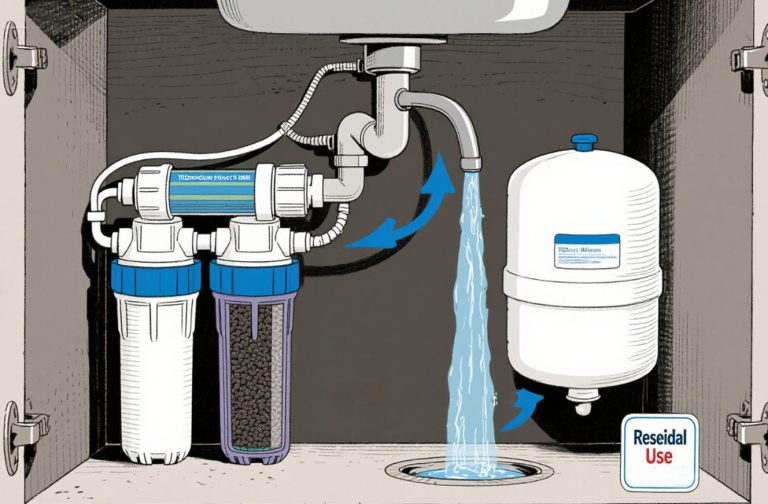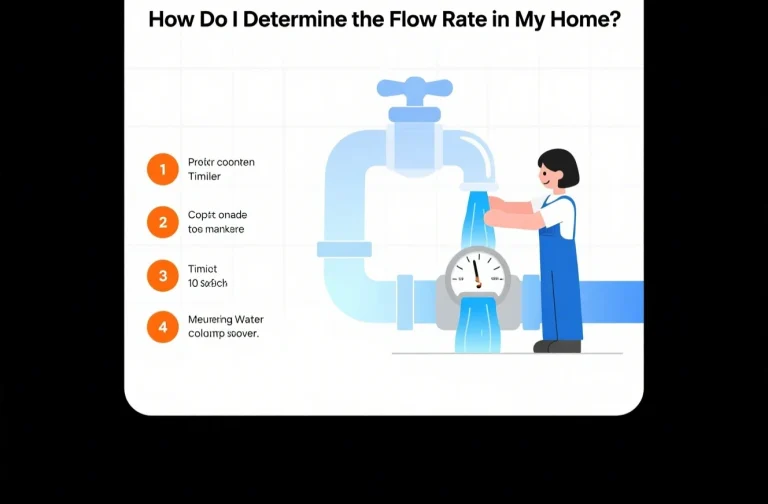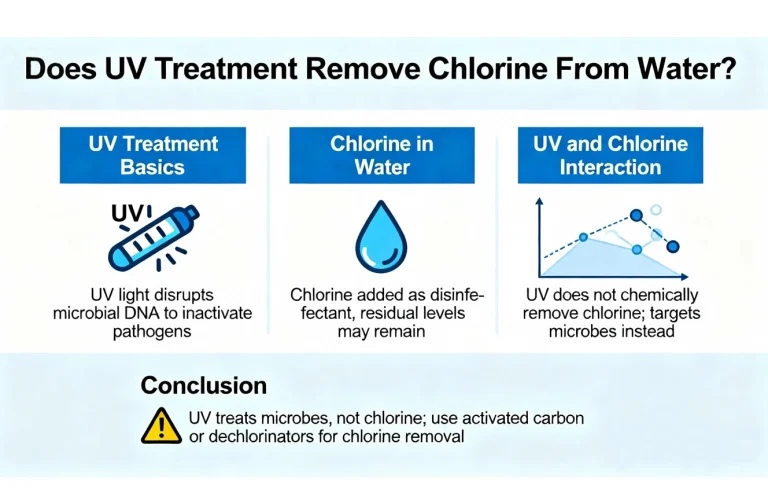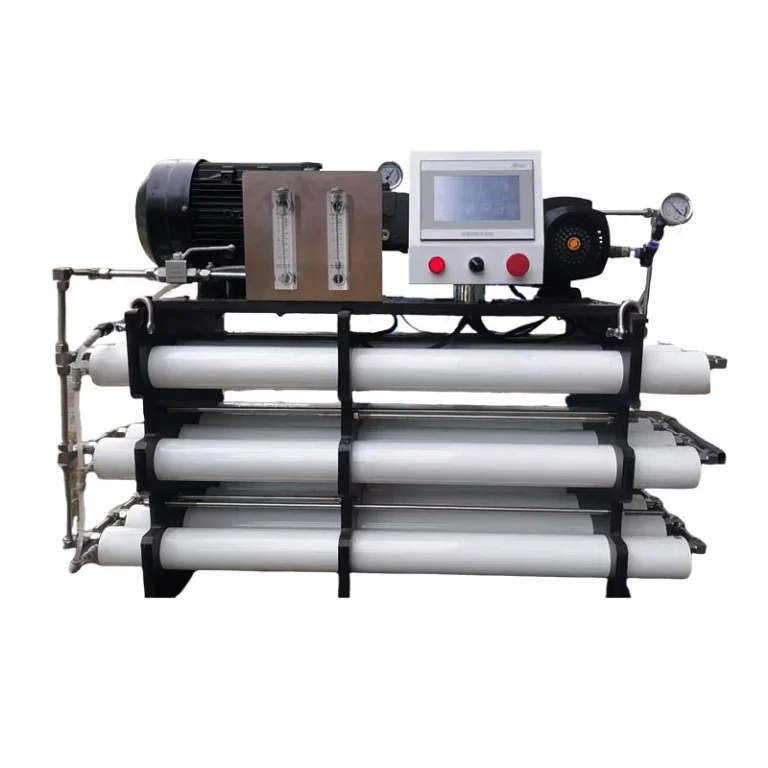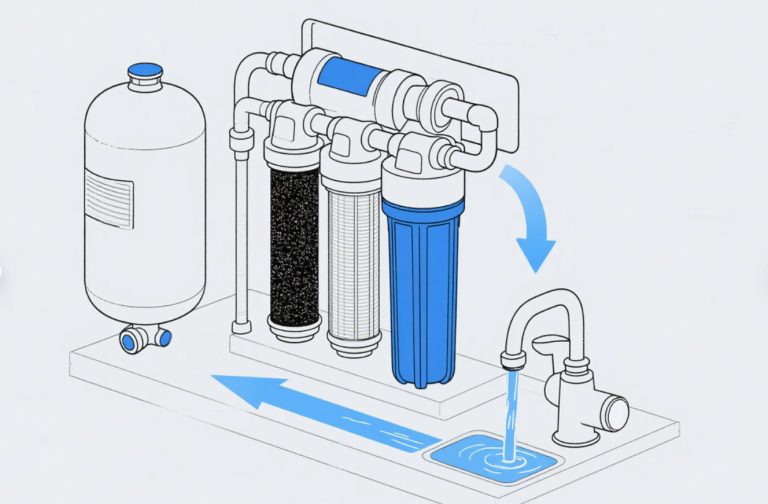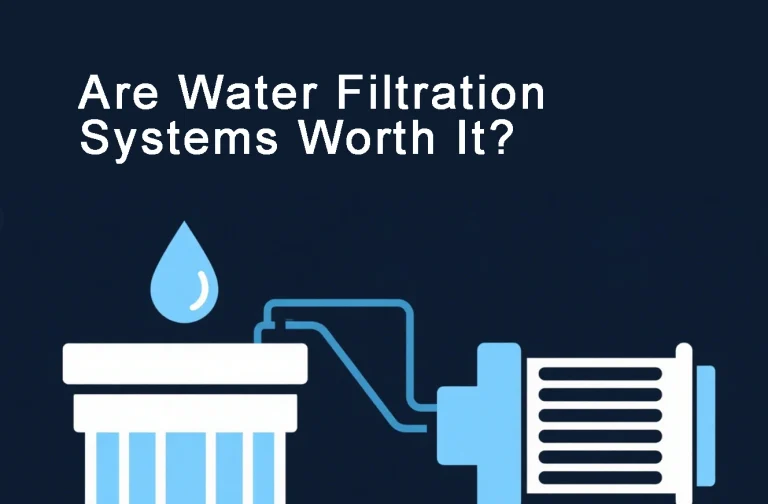BasideWT- Whole Home Water Filtration System & Replacement

Water Treatment Products FAQ – Key Questions
Welcome to our Water Treatment Products FAQ. Here, you will find answers to common questions about our home and commercial water filters, replacement cartridges, water softeners, and more. This resource covers essential information on installation, maintenance, troubleshooting, and water quality. If you cannot find the answer you’re looking for, please don’t hesitate to contact our customer support team for further assistance. Thank you for trusting us with your water care needs.
What is a water treatment system?
A water treatment system is designed to improve the quality of water for safe use. It removes impurities such as sediments, chemicals, and harmful organisms. These systems are used in homes, businesses, and industries. The goal is to provide clean, safe, and reliable water. Depending on design, a system can focus on drinking water, process water, or wastewater. Each type serves a specific purpose but shares the aim of protecting health and equipment.
How does a water purifier differ from a water filter?
What is a Water Filter?
A water filter removes impurities through a physical barrier or chemical process. The most common types include carbon filters and sediment filters. They effectively capture sand, rust, chlorine, and odor-causing compounds. Filters improve taste and clarity but may not remove bacteria or viruses. For many households with treated municipal supplies, a filter can be sufficient. It provides an affordable and simple way to enjoy better water at home or in the office.
Types of Water Filters
- Sediment filters trap dirt, silt, and rust.
- Carbon filters absorb chlorine, organic matter, and odors.
- Ceramic filters provide fine filtration for small particles.
These options are widely available, easy to install, and often serve as the first stage in multi-level systems.
What is a Water Purifier?
A water purifier not only filters particles but also kills or removes pathogens and dissolved contaminants. Purification systems use advanced methods such as reverse osmosis, ultraviolet light, or ozone treatment. These technologies eliminate bacteria, viruses, and harmful chemicals like arsenic or fluoride. A purifier is ideal in regions where water sources may carry biological risks or high levels of dissolved solids. It offers a higher level of safety and confidence for direct consumption.
Purification Methods
Ozone systems: Use oxidation to neutralize pathogens and organic matter.
Each method targets threats that basic filters cannot address, ensuring comprehensive protection.
Reverse Osmosis (RO): Forces water through a semi-permeable membrane to remove salts, heavy metals, and microbes.
Ultraviolet (UV) light: Deactivates bacteria and viruses without chemicals.
Why do households need a water treatment solution?
Tap Water Isn’t Always as Clean as It Looks
While tap water is treated to meet safety standards, it can still contain impurities. These include sediment, chlorine, and traces of heavy metals. Over time, these contaminants may affect water’s taste, smell, and appearance. A home water treatment system ensures your water is not just safe, but also pleasant to use every day.
Health Concerns from Contaminants
Water may harbor harmful elements like lead, pesticides, or bacteria. These can pose health risks, especially for children and elderly family members. Installing a water purification system adds a vital layer of protection. It helps remove dangerous substances, giving you peace of mind about your family’s health.
The Problem with Chlorine and Chemicals
Many water suppliers use chlorine to disinfect water. While it kills germs, it can leave an unpleasant taste and odor. It might also dry out your skin and hair. A quality water filter reduces chlorine and other chemical residues. This makes your water better for drinking, cooking, and bathing.
Old Pipes Can Compromise Water Quality
Even if your local water is clean, old household plumbing can introduce rust and contaminants. This is common in many older homes and apartments. A point-of-use filtration system acts as a final barrier. It ensures clean water right from your tap, regardless of pipe conditions.
Save Money and Help the Environment
Buying bottled water is expensive and creates plastic waste. With a home water treatment solution, you can enjoy fresh, clean water straight from the tap. It’s an eco-friendly alternative that reduces your carbon footprint and saves you money in the long run.
What problems can water treatment systems solve?
Eliminate Unpleasant Tastes and Odors
Does your tap water taste or smell odd? Chlorine, sulfur, or bacteria are often the cause. These issues make water unappealing for drinking and cooking. A good water filter effectively removes these contaminants. It delivers fresh, clean-tasting water right from your tap.
Reduce Harmful Contaminants
Your water might contain invisible threats. These include lead, pesticides, nitrates, or microbes. Consuming these can risk your family’s health. A water purification system targets and removes these dangerous elements. It ensures your water is safe for everyone to drink.
Prevent Scale Buildup in Appliances
Hard water contains high levels of calcium and magnesium. These minerals form scale inside your pipes, water heater, and dishwasher. This reduces efficiency and causes costly damage. A water softener solves this problem. It prevents scale, extending the life of your appliances.
Protect Skin and Hair
Hard water and chlorine can be harsh on your body. They strip natural oils, leading to dry skin and brittle hair. Showering in treated water feels different. A whole-house system filters these irritants. You will notice softer skin and smoother hair quickly.
Stop Buying Bottled Water
Relying on bottled water is expensive and wasteful. Plastic bottles are bad for the environment. A home water treatment system provides a limitless supply of clean water. It is a convenient and eco-friendly solution that saves you money.
How do I know if I need a water treatment system?
Your Water Has a Strange Taste or Odor
Does your tap water taste metallic, smell like chlorine, or seem off? This is a clear sign of contaminants. These can include metals, chemicals, or bacteria. A water treatment system effectively removes these elements. It restores fresh, clean-tasting water to your glass.
You Notice Visible Signs in Your Home
Look for white, chalky scale on faucets and showerheads. See spots on dishes after washing? These are signs of hard water. Hard water damages appliances and leaves residue. A water softener solves this common and frustrating problem.
Your Skin and Hair Feel Dry and Irritated
Hard water minerals and chlorine strip moisture from your skin and hair. Do you feel itchy after showering? Is your hair brittle? This is often due to poor water quality. A whole-house filter can provide relief and improve your comfort.
Your Plumbing and Appliances Need Frequent Repairs
Are your pipes clogged? Is your water heater inefficient? Scale buildup from hard water is likely the cause. It reduces water flow and damages appliances over time. Protecting your home’s plumbing is a key reason to invest in a system.
What types of water treatment systems are available?
Activated Carbon Filters
These are great for improving taste and odor. They remove chlorine, sediments, and some chemicals. You can find them in pitcher filters, under-sink units, or faucet attachments. They are an affordable starting point for cleaner water.
Reverse Osmosis Systems
Reverse osmosis (RO) offers advanced purification. It forces water through a fine membrane. This process removes many contaminants like lead, arsenic, and bacteria. RO systems provide highly pure water for drinking and cooking.
Water Softeners
These systems tackle hard water. They remove calcium and magnesium ions through ion exchange. This prevents scale buildup in pipes and appliances. Your skin and hair will feel smoother too.
UV Purification Systems
UV technology kills bacteria and viruses. It uses ultraviolet light to destroy harmful microorganisms. This method is chemical-free. It is often used with other filters for complete protection.
Whole-House Filtration Systems
These units treat all water entering your home. They ensure clean water from every tap. This is ideal for removing sediments and chlorine. It protects your plumbing and appliances throughout the house.
- What is a Watermaker on a Boat?
- How Does a Watermaker on a Boat Work?
- How to Change a Water Filter Cartridge?
- How Do You Backwash a Pool with a Cartridge Filter?
- Why Choose a Whole House RO System?
- What is an FRP Water Tank?
- Which Filtration Material Leads to the Best Drinking Water?
- What Is a Whole Home Water Filtration System?
- How Much Is a Whole Home Water Filtration System?
- How Much Does a Reverse Osmosis System Cost?
- how to install a water treatment system?
- How Much Does a UV Water Treatment System Cost?
- What is the Best Water Treatment System?


